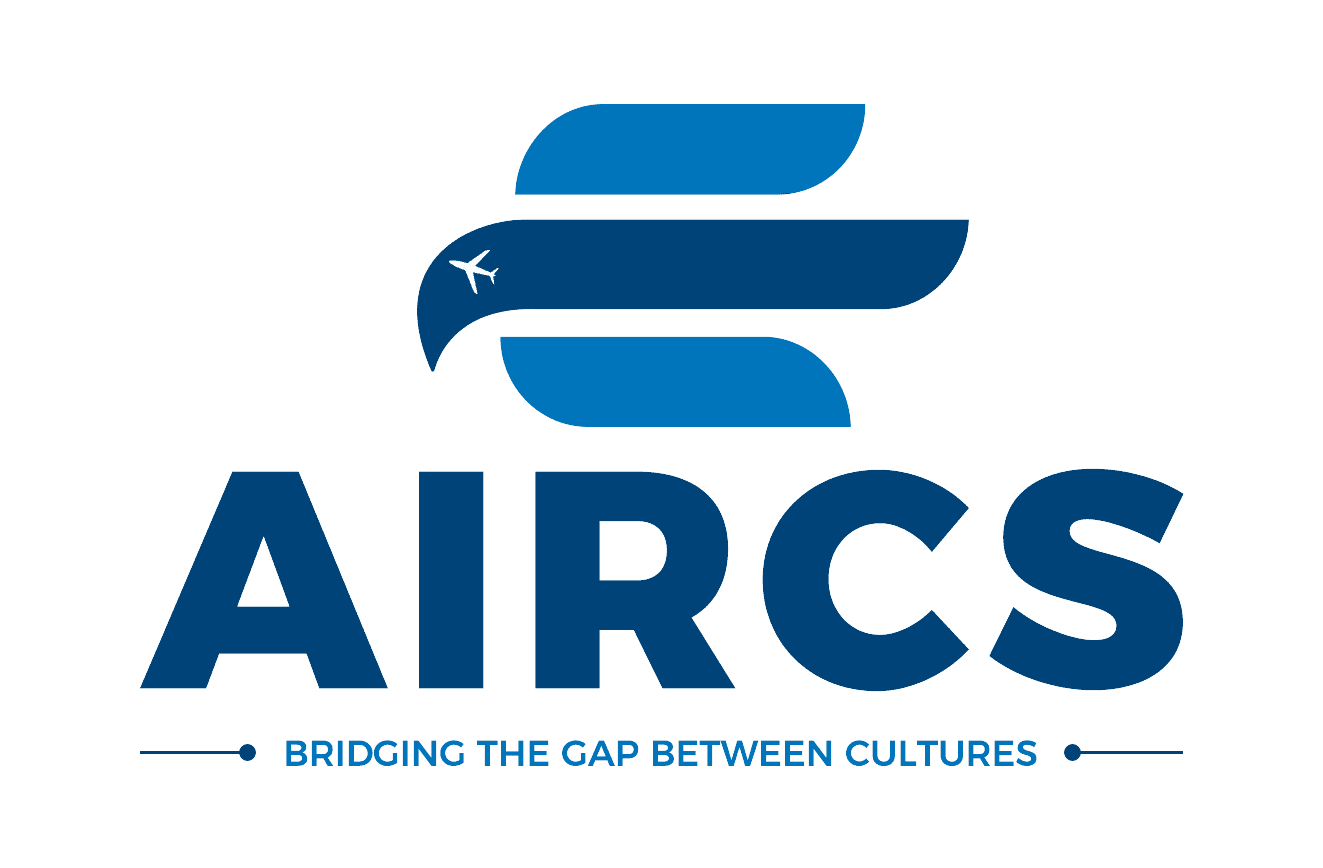How to Prepare for Your Visit Visa Interview: Key Tips for Success
Applying for a visit visa can be a daunting process, especially when it comes to the interview stage. Your interview is crucial in determining whether you will be granted a visa to travel to your desired destination. To help you prepare effectively, here are some key tips for success that will boost your confidence and increase your chances of a positive outcome.
1. Understand the Visa Requirements
Before you even think about the interview, familiarise yourself with the visa requirements for the country you are visiting. Each country has its own specific rules and regulations, which may include documentation, financial stability, and proof of ties to your home country. Review the official website of the embassy or consulate to understand what is expected of you.
2. Gather Essential Documents
A well-organised set of documents is your best ally during the interview. Commonly required documents include:
- Passport: Ensure it is valid for at least six months beyond your intended stay.
- Visa Application Form: Complete and print the form from the embassy’s website.
- Photographs: Follow the specific guidelines for the required photo size and format.
- Financial Evidence: Bank statements, pay stubs, or tax returns to prove you can support yourself during your visit.
- Travel Itinerary: Flight bookings, accommodation details, and any planned activities.
- Ties to Home Country: Documents such as employment letters, property deeds, or family connections to demonstrate that you have reasons to return home.
Organise these documents neatly in a folder to present them easily during the interview.
3. Practice Common Interview Questions
While you cannot predict every question, being prepared for common interview questions can help you feel more at ease. Typical questions might include:
- Why do you want to visit this country?
- How long do you plan to stay?
- Where will you be staying during your visit?
- How will you fund your trip?
Practise your responses, keeping them concise and to the point. You might even consider conducting a mock interview with a friend or family member to build your confidence.
4. Dress Appropriately
First impressions matter. Dressing appropriately for your visa interview can convey respect for the process and seriousness about your application. Choose business casual attire, which is professional yet comfortable. Avoid overly casual clothing, such as jeans and t-shirts, and ensure your outfit is neat and clean.
5. Be Honest and Consistent
During the interview, it is vital to be honest and consistent in your answers. Any discrepancies between your application and your spoken answers can raise red flags for the interviewer. If you are asked about previous travel history, be prepared to discuss it openly, including any past visa denials.
6. Stay Calm and Confident
Interviews can be nerve-wracking, but staying calm and confident can significantly impact your performance. Take deep breaths before entering the interview room and maintain a positive attitude throughout the process. Remember, the interviewer is not there to intimidate you; they want to ensure that you meet the requirements for the visa.
7. Show Ties to Your Home Country
One of the main concerns of visa officers is ensuring that applicants will return to their home countries after their visit. Highlight your ties to your home country during the interview. Discuss your job, family, property, or community involvement. Providing compelling evidence that you have responsibilities waiting for you back home can strengthen your application.
8. Be Prepared for the Unexpected
Sometimes, visa officers may ask unexpected questions to assess your eligibility. Stay flexible and respond to questions thoughtfully, even if they catch you off guard. If you don’t understand a question, it’s okay to ask for clarification instead of guessing.
9. Follow Up
After your interview, you may be asked to wait for a decision, or you might receive an immediate answer. If the decision is not immediate, make sure to note any follow-up steps required from your side. If your visa is approved, take note of any conditions attached to it, such as a specific date of entry.


